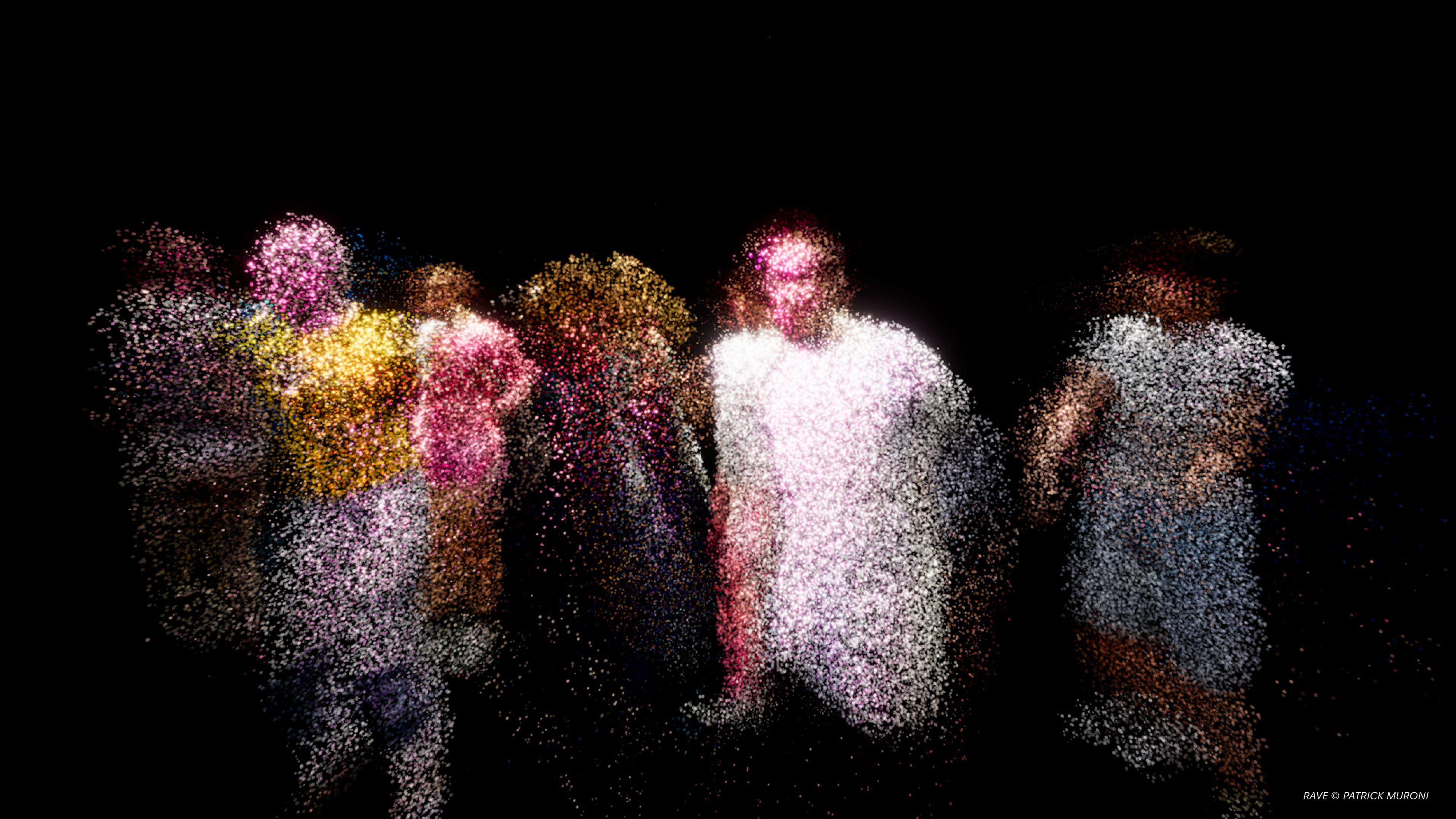
Compromise proposed for nuclear waste storage
Experts seeking ways of storing Switzerland's nuclear waste have proposed a compromise between the demands of the nuclear industry and those of environmentalists.
Experts seeking ways of storing Switzerland’s nuclear waste have proposed a compromise between the demands of the nuclear industry and those of environmentalists.
A government-appointed committee has baulked at the idea of permanent underground storage, opting instead for controlled storage with regular inspections.
The compromise would involve building a geologically-permanent underground site where waste could be retrieved and removed at short notice, or if the public wished it, the site could be permanently sealed.
At the same time, the experts are proposing the building of a pilot tunnel in the same rock formations as the real dump, which could be used for research and observation purposes.
The results from the pilot tunnel could then determine whether to seal the main dump.
In a study commissioned by the environment ministry, the experts have proposed setting up a pilot storage site at Wellenberg near Lake Lucerne in central Switzerland.
The cabinet is due to decide on waste storage options shortly as part of its revision of the nuclear law. There has been a moratorium on the construction of new nuclear power stations for ten years, and this is likely to be renewed.
Switzerland has four nuclear power stations with five reactors. Storing heavily radioactive waste will not become a matter of urgency for another 30 years, but in principle a solution will have to be found within Switzerland. There are few hopes of international or European co-operation in this field.
Two possible sites for nuclear waste have been found, one is in the Wellenberg mountain, the other, for heavily-radioactive material, in Benken, Canton Zürich.
By Peter Haller

In compliance with the JTI standards
More: SWI swissinfo.ch certified by the Journalism Trust Initiative



























You can find an overview of ongoing debates with our journalists here . Please join us!
If you want to start a conversation about a topic raised in this article or want to report factual errors, email us at english@swissinfo.ch.